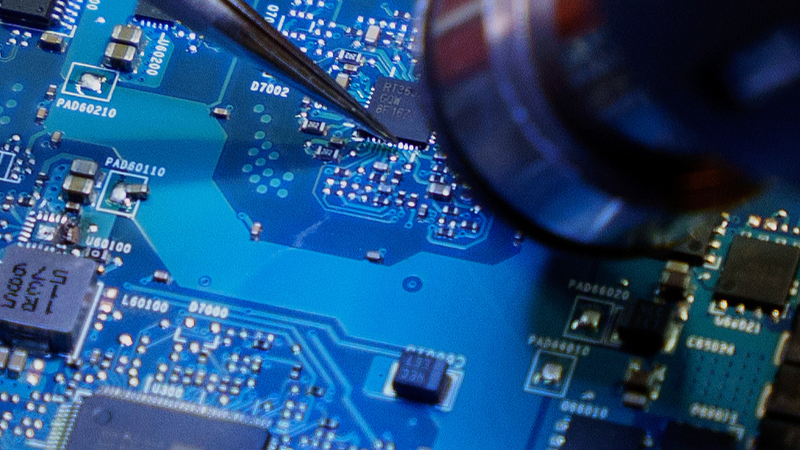Imagine your next smartphone chip could tell the government exactly where it’s hiding in a backpack 🚀📱. That’s the bold promise of the U.S. Chip Security Act, but the reality has experts and techies on edge.
Introduced in May 2025, the act demands that all export-controlled chips made domestically come with embedded location-tracking modules within 180 days. Companies must also report any suspected chip diversions. On paper, it’s about stopping unauthorized exports to strategic rivals and bolstering national security.
Meanwhile, whispers about H20 chips have turned up the heat. Chinese authorities have flagged these U.S.-made processors, suspecting hidden "backdoors" and security weaknesses. Tech giants like ByteDance, Tencent, and Baidu were called in for explanations. State-affiliated media even branded H20 chips as unsafe, tech-limited, and bad for the planet, urging their removal from sensitive projects.
Critics argue that slotting trackers into every chip can backfire. Embedding extra hardware may open up fresh attack points for hackers, basically turning our high-tech shields into new vulnerabilities. It’s like adding a GPS to your car keys but leaving them unlocked 🚗🔓.
At its core, the debate strikes a balance between guarding critical tech and overstepping privacy. For young investors, innovators, and curious minds, the big question remains: Will the Chip Security Act truly secure our future, or will it chip away at our freedom? Stay tuned ⚡️.
Reference(s):
cgtn.com




